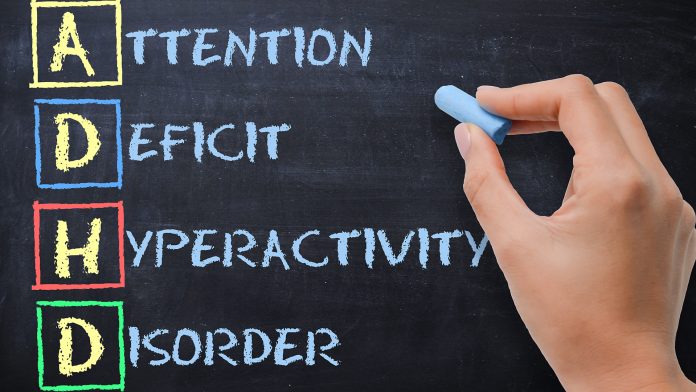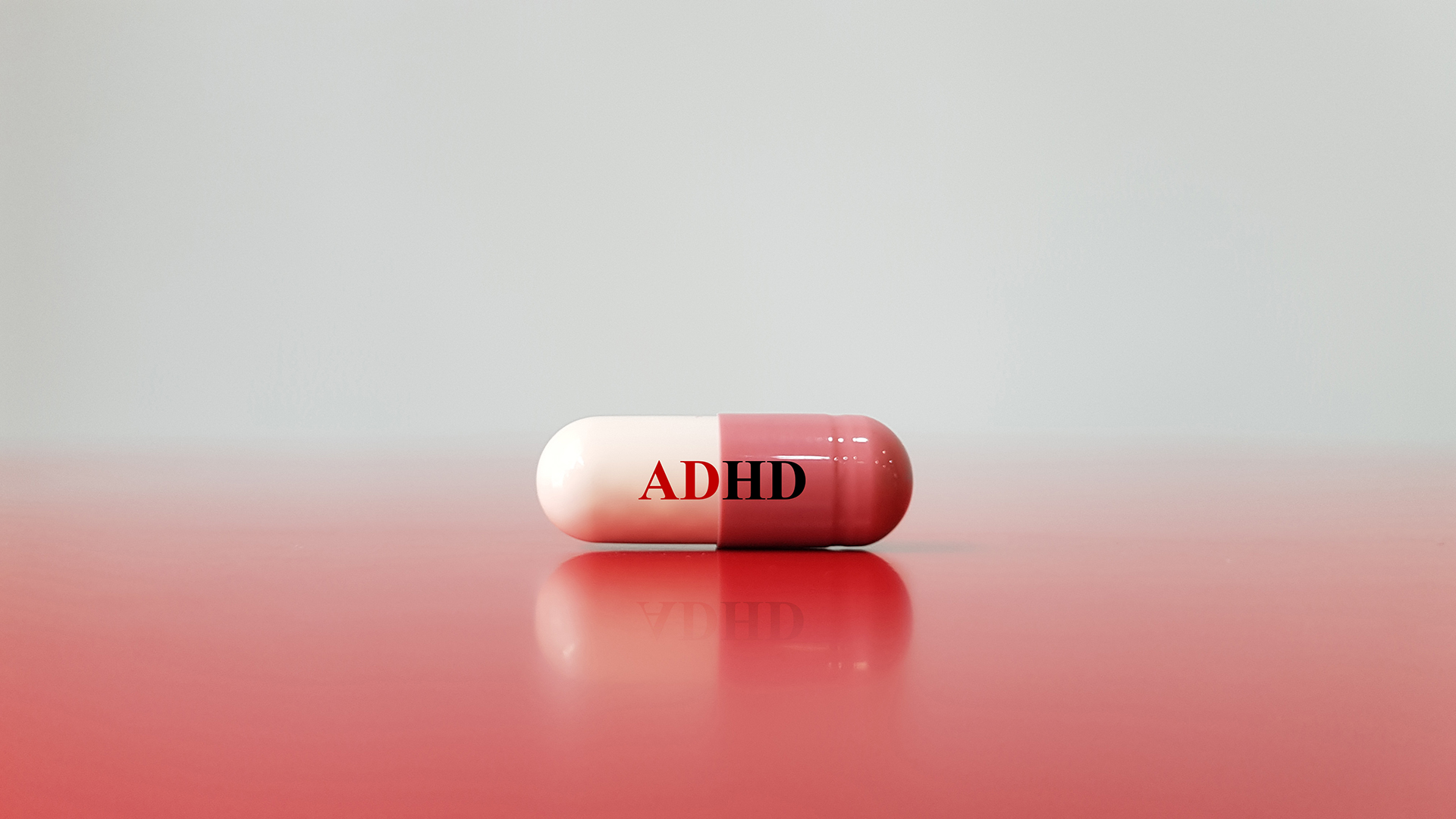
News University College London research suggests that ADHD diagnoses have risen dramatically in the UK in the last 20 years, particularly among men.
ADHD, which causes symptoms of impulsiveness, disorganisation, poor time management skills, difficulty focusing and restlessness, can greatly impact daily life.
Now, new findings show that ADHD diagnoses and prescriptions for medication have increased significantly in the last two decades, except in children under five.
ADHD diagnoses among men have increased most
The study used IQVIA Medical Research Data to assess seven million individuals aged three to 99 in the UK between 2000 and 2018.
The team identified that 35,877 of these people had an ADHD diagnosis, and 18,518 received prescriptions for ADHD medication from their GP.
ADHD was more commonly diagnosed in children than adults and was more common in boys and men than girls and women.
In absolute terms, the increase was highest in children. For example, in 2000, 1.4% of boys aged between 10 and 16 had an ADHD diagnosis, and 0.6% had been prescribed ADHD medication.
There was no significant increase in children under five.
Whereas in 2018, 3.5% had an ADHD diagnosis, and 2.4% were receiving medication.
The largest relative increase in ADHD diagnoses was among adults, with men aged 18 to 29 growing 20-fold and prescriptions 50-fold.
Dr Doug McKechnie, lead author of the study from the UCL Institute of Epidemiology & Health Care, explained: “ADHD diagnoses and prescriptions for ADHD medication by a GP have become more common over time.
“Whilst ADHD is most likely to be diagnosed in childhood, an increasing number of people are diagnosed for the first time in adulthood. We do not know exactly why this is happening, but it may be that ADHD has become better recognised and diagnosed.
“Over the last few years, there have been many reports of long waiting lists for ADHD assessments on the NHS, especially in adults. It’s likely that more and more people will be diagnosed with, and treated for, ADHD, so specialist services need to be made available to handle this.”

Diagnoses were double in deprived areas
The research identified that the number of ADHD diagnoses in the most deprived areas was twice as high in children and adults compared to the least deprived.
Dr McKechnie added: “Many people are accessing private care for ADHD. This may create healthcare inequalities given that ADHD is more common in deprived areas.
“People living in deprived areas may not be able to afford private healthcare and may suffer with undiagnosed and untreated symptoms of ADHD for longer.
“If people in deprived areas are struggling to get diagnosed with ADHD, our results may actually underestimate how many people there have it, as we only counted diagnosed ADHD.”
NHS prescribing framework must be improved
Due to the elevated frequency of ADHD prescriptions, the researchers are calling for more support for GPs in prescribing and monitoring these medications.
Dr McKechnie concluded: “There are already many demands on GPs’ time. We need to ensure we have the right frameworks in place to support them as rates and awareness of ADHD increase – allowing patients to receive prompt, safe and effective care.”






















